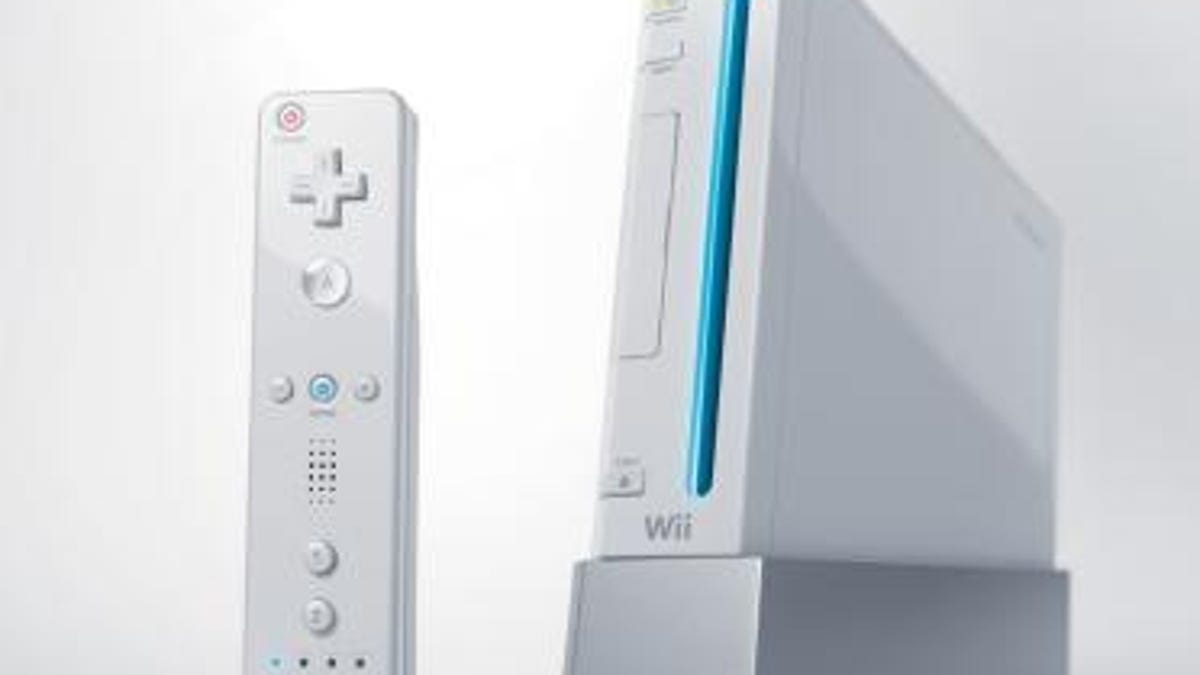When did gaming become complicated?
Don Reisinger can't stand the confusing nature of the video game hardware market and he thinks it will fail. Do you agree?

Years ago, back when Nintendo dominated gaming and Sega still owned a slice of the hardware market, the video game industry was a much different place. Instead of discussions on Cell processors and HDMI, we were talking about the latest 16-bit consoles or how to get through the third level on Super Mario Bros. And when we went to the store to buy a console, we didn't waste time because we knew exactly what we wanted. And we knew exactly what we wanted because our choices were clearcut -- do you want the Nintendo console or Sega hardware?
And yet, today we're neck-deep in an environment where it's becoming too confusing to buy a video game console. There are: four Xbox 360 options (five if you count the Halo 3 console), four Playstation 3 consoles, and (luckily) just one Wii.
Now, for those of us who are tech-savvy and know how the world of gaming works, we obviously know what we want before we head to the stores to buy a console. But what about those people that don't read CNET and don't spend their time rummaging through tech news and columns? To them, it's confusing. And if you ask me, it only hurts business.
There is no reason to suggest that any company should be offering multiple versions of a console. And sad as it is, the reason for this confusion is quite simple: hardware costs are extremely high and with a stripped-down console, the loss the company will incur in the beginning will be reduced on less sophisticated hardware.
If one were to take a practical look at what each of the video game consoles actually offer, one staggering attribute immediately presents itself: the differences are negligible and yet, the prices are quite different. And what is odd to me, is that there was no precedent for this.
In the past, there may have been upgraded hardware or slight variations, but they were never offered alongside each other. Instead, new console variations would be released to replace the originals.
Where did this all come from?
The answer to this is outrageously simple: businesspeople are running the gaming strategies instead of someone who has some real knowledge about this industry.
More than any other company in the hardware console battle, Nintendo knows the video game business and understands what customers are looking for, and ultimately, what customers actually want from a video game console. Sure, it may not suit everyone's fancy, but conventional wisdom suggests that Nintendo knows what it's doing. And isn't it ironic that the company that knows the most about gaming is the only company offering just one version of its console? I think not.
Microsoft and Sony are run by a bunch of corporate executives that have little understanding of what the video game industry really is all about. And while either company has been able to enjoy quite a bit of success in bringing a successful product to market, their hardware strategy simply doesn't work.
For some reason, both companies are under the impression that different consumers want different iterations of the same console. And while that may be true in some instances, I simply don't believe that in most. Simply put, Microsoft and Sony are trying to use the strategy they employ on other hardware and software products with gaming. And in the end, it won't work.
The gaming industry is not the software business and it most certainly isn't the computing market. People don't like to be confused by a host of offerings that offer nothing in the way of clarity.
It's time Microsoft and Sony wake up and realize that the suits running the hardware show don't know gaming and shouldn't be offering too many consoles. It may work in the short-term from a business sense, but over the long-term, look for this to fail -- miserably.

